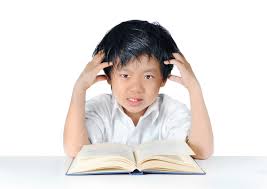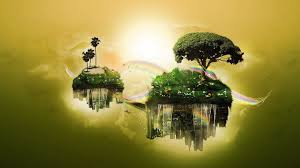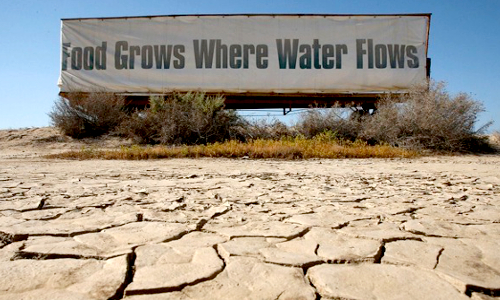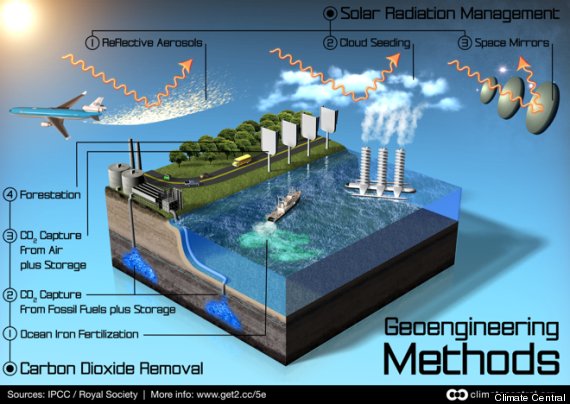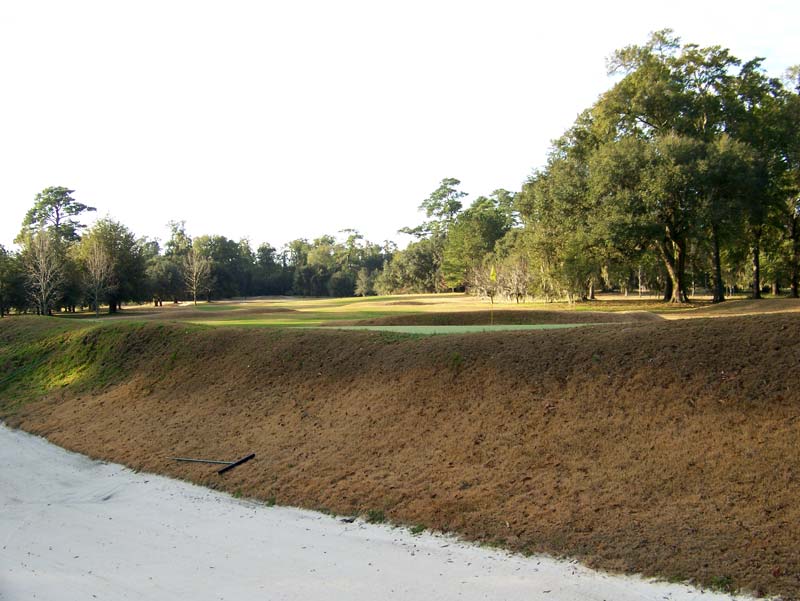Summary: Researchers are challenging the intake of vitamin D recommended by the National Academy of Sciences Institute of Medicine saying their Recommended Dietary Allowance for vitamin D underestimates the need by a factor of ten. Researchers at UC San Diego and Creighton University have challenged the intake of vitamin D recommended by the National Academy of Sciences (NAS) Institute of …
Even at a molecular level, taking it slow helps us cope with stress
Scientists at the University of California, Berkeley, have identified a new molecular pathway critical to aging, and confirmed that the process can be manipulated to help make old blood like new again. The researchers found that blood stem cells’ ability to repair damage caused by inappropriate protein folding in the mitochondria, a cell’s energy station, is critical to their survival …
Add nature, art and religion to life’s best anti-inflammatories
Taking in such spine-tingling wonders as the Grand Canyon, Sistine Chapel ceiling or Schubert’s “Ave Maria” may give a boost to the body’s defense system, according to new research from UC Berkeley. Researchers have linked positive emotions – especially the awe we feel when touched by the beauty of nature, art and spirituality – with lower levels of pro-inflammatory cytokines, …
California Is Turning Back Into A Desert And There Are No Contingency Plans
Once upon a time, much of the state of California was a barren desert. And now, thanks to the worst drought in modern American history, much of the state is turning back into one. Scientists tell us that the 20th century was the wettest century that the state of California had seen in 1000 years. But now weather patterns are …
Solar could meet California energy demand 3 to 5 times over
In the face of global climate change, increasing the use of renewable energy resources is one of the most urgent challenges facing the world. Further development of one resource, solar energy, is complicated by the need to find space for solar power-generating equipment without significantly altering the surrounding environment. New work from Carnegie’s Rebecca R. Hernandez (now at University of …
Prominent U.S. Scientist Sounds The Alarm On Geoengineering
J. Marvin Herndon, Ph.D is a scientist of considerable notoriety. An interdisciplinary scientist, Dr. Herndon earned his BA degree in physics from the University of California, San Diego in 1970 and his Ph.D in nuclear chemistry from Texas A&M University in 1974. Holding Post-Doctoral qualifications in Geochemistry and Cosmochemistry, Herndon has been profiled in Current Biography and in 2003 was hailed as the “maverick geophysicist” by The Washington Post. Dr. Herndon contacted …
DOES DISTURBING THE LAND BOOST HUMAN DISEASE?
Recent outbreaks of Ebola, SARS, and other zoonotic infectious diseases that transmit from animals to humans have made the relationship between human disease and environmental management an especially hot topic. In East Africa, community ecologist Hillary Young’s fieldwork has examined the direct impacts of human disturbance on landscape and wildlife, as well as a variety of factors affecting infectious disease risk. …
Big Sugar’s deceitful past: How industry spin impaired the government’s anti-cavity program
Where did Big Oil, Big Pharma and other industries learn to manipulate public policy to best serve their bottom line? The engaging new documentary “Merchants of Doubt” argues that they’re all following a battle plan borrowed from the tobacco industry. As for the tobacco industry, they learned it from Big Sugar. Researchers at UCSF analyzed 319 internal sugar industry documents …
New research: Benefits of meditation seen at cellular level in breast cancer survivors
For breast cancer survivors, recovering and maintaining remission are of utmost importance – especially after enduring months or even years of invasive treatments like surgeries, radiation and chemotherapy. The body takes a beating during conventional cancer treatment and is typically left damaged, worn out and in need of healing therapies both physically and mentally. Many breast cancer survivors turn to complementary and …
Anxious people more apt to make bad decisions amid uncertainty
New brain evidence provides insight into why highly anxious people are worst at making decisions when things get unpredictable Credit: Illustration by Ian Smiley Highly anxious people have more trouble deciding how best to handle life’s uncertainties. They may even catastrophize, interpreting, say, a lovers’ tiff as a doomed relationship or a workplace change as a career threat. In gauging …


